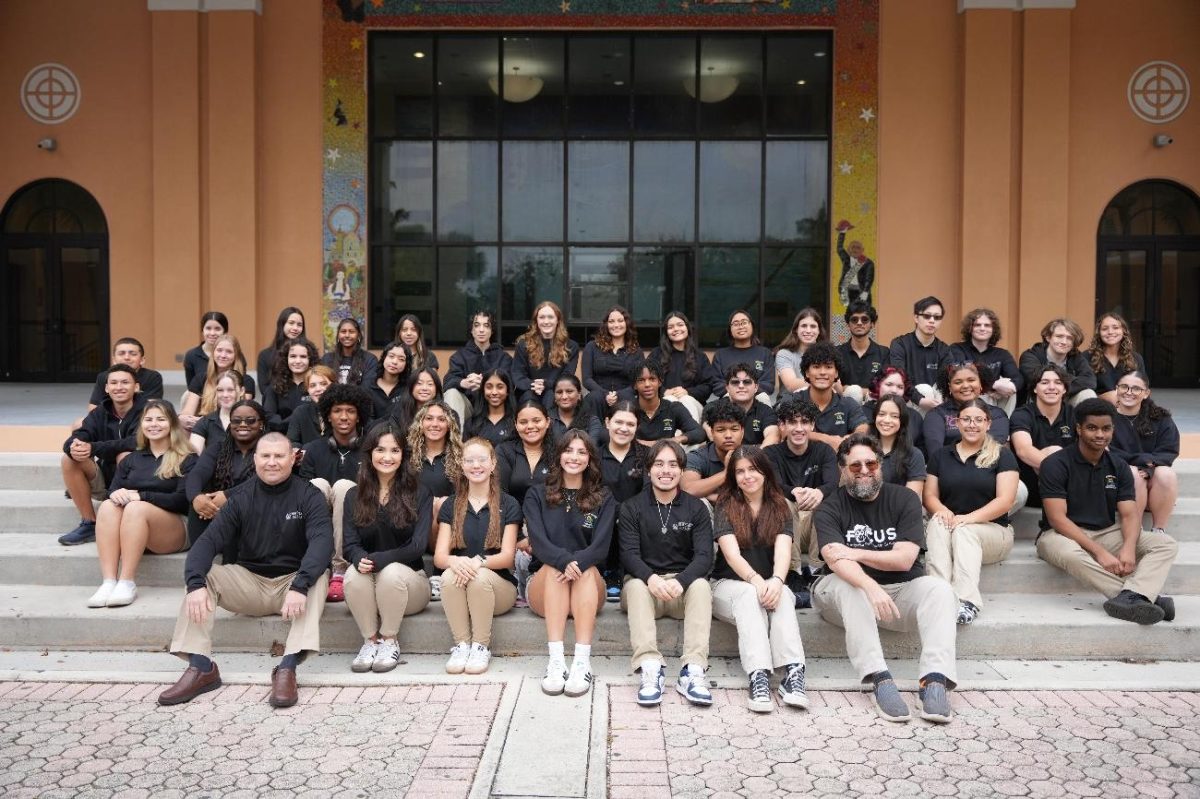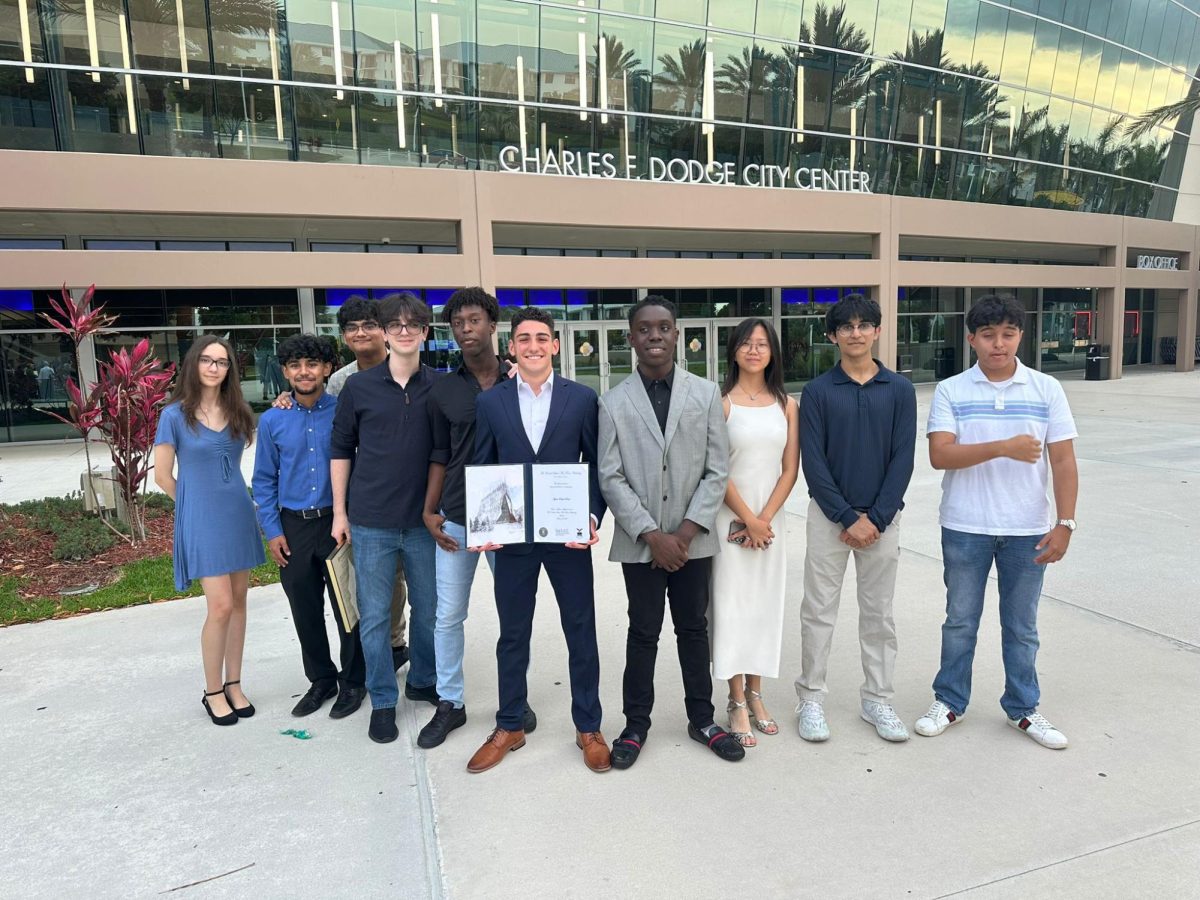Sharks are known as apex predators, dangerous and able to thrive in multiple habitats. They bear rows of large teeth allowing for the consumption of dozens of animals throughout the food chain, making it seemingly impossible to shark fish without the risk of injury. While shark fishing, the fisher has to remain cautious and ready at all times — a catch can occur within only a few minutes on the beach or after many sleepless hours of waiting for the shark to take their bait. For freshman Ishaan Gupta, not only is he an active shark fisher, but he also tags and releases them to assist in marine research.
Ishaan’s interest was first sparked while on a trip in the Keys. According to Gupta, he “learned a few things and then only got more interested in the sport of land based shark fishing (LBSF).” Gupta continued his way into LBSF by purchasing better gear to not only keep himself safe, but for the shark’s safety as well. When it comes to shark fishing, Ishaan emphasizes the importance of buying the appropriate gear. “[There’s] no need to buy cheap stuff, as you can risk hurting the animal and over-exhausting it. Many end up killing a giant due to [buying improper equipment],” explains Ishaan.
Although purchasing cheaper equipment comes with temporary financial relief, it comes with the price of wearing out much quicker, ultimately resulting in the need to buy a more expensive rod and reel later on regardless. “Buy once cry once,” Ishaan describes. “Get the more expensive product to begin with and not have that issue in the future.” Although it being expensive, equipment such as rods, reels, and large bait are only some of the many items required for shark fishing safely. However, even though shark fishing is on the more expensive side, it is also known for being one the hardest land-based fishing there is, as Florida has many giant sharks in their waters.
Ishaan has been able to catch sharks from multiple beaches. “I’ve caught multiple lemon sharks and giant bull sharks.” Yet, being able to catch such sharks can be a long process. Going with friends to beaches such as Key West and Jensen beach, Ishaan explains that he’ll “fish anywhere from 10 hours to 22 hours straight.” During that time, they have all their rods and reels sticking in sand spikes so they don’t loosen from the beach, and once the clicker on the reel goes off: they’ve made the catch.
The entire process allows Gupta and his buddies to help in marine research in facilities like NOAA. The group is able to accomplish this by tagging the sharks, so “in the future, people can see [the the shark is] tagged and can report where it was last caught. It helps in marine research to show migratory patterns of [the sharks].” Thanks to the efforts of many shark fishers like Ishaan, scientists can also conclude whether the tagged animals belong in the area or not, as well make adjustments to the tagged sharks’ data like measurements and weights, which shows how quickly these animals grow over time.
Ishaan continues shark fishing with high hopes of becoming one of the youngest to ever catch a “great white shark or a thirteen-footer tiger shark.” Shark fishing has become a hobby he has grown to love over the years, and he continues following this passion alongside friends who share the same love for it. With his rod and reel continuing to wait for the next big catch, he advises those who are also interested in starting up this hobby to “fish heavy and hard, [you] can’t risk losing the shark of a lifetime.”








